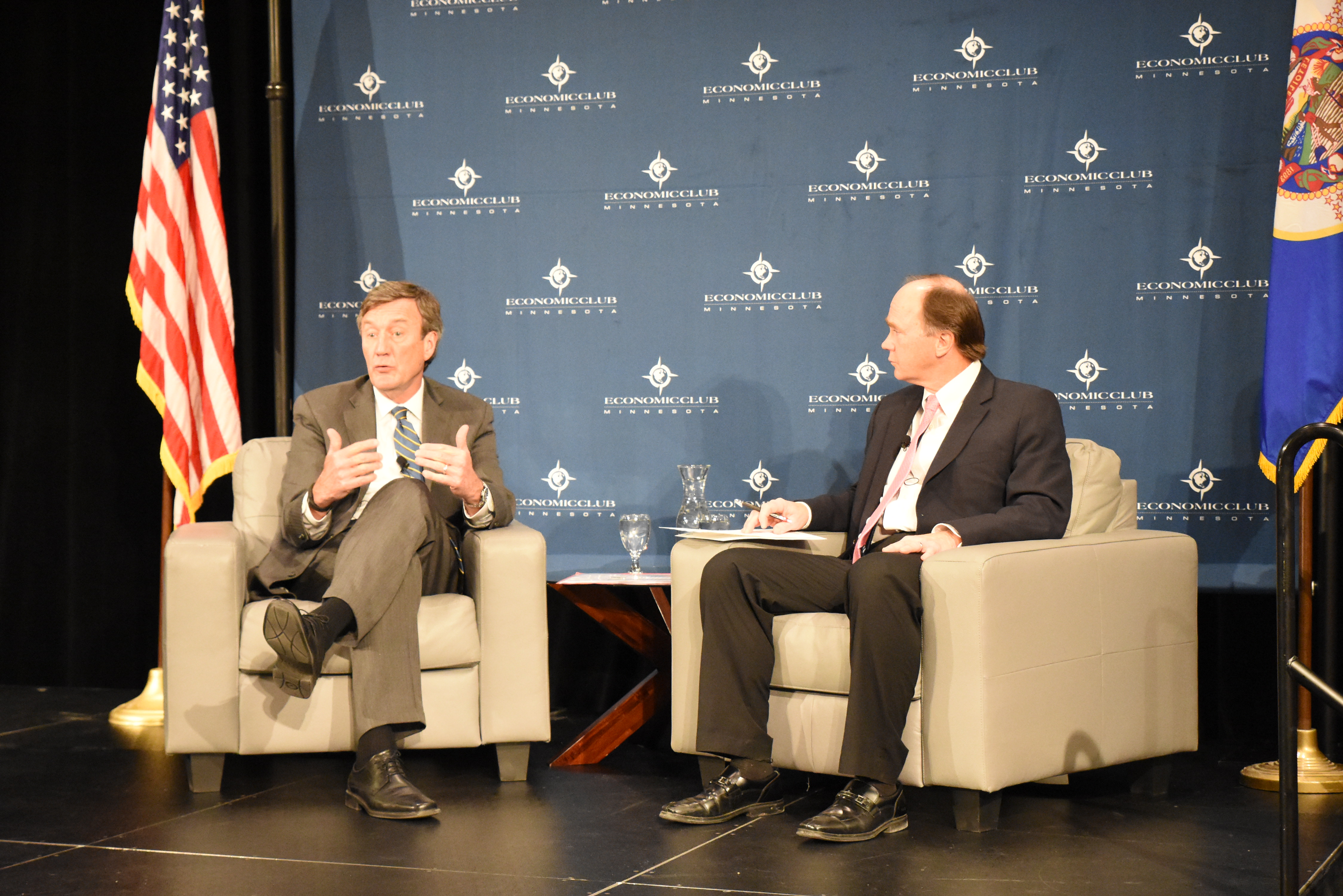
CMS’ ACCESS Model: A New Push to Rewire Medicare Around Outcomes?
CMS’ new ACCESS model, slated to begin on July 1, aims to shift traditional Medicare fee-for-service toward value-based care by tying payments to patient outcomes and encouraging tech-enabled, preventive care. Experts say it could benefit digitally mature, value-focused providers first, but its overall success will hinge on clear metrics, better data sharing and sustained participation.
















